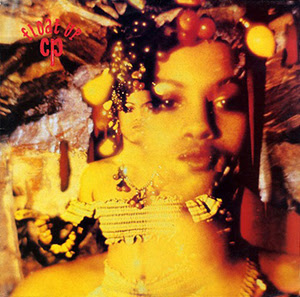Betty, Wilma, Barney, and Fred enjoying a good laugh
The Flintstones (Hanna-Barbera Productions, 1960-66)
A question I am often asked is: Why write?
I suppose I could answer as many other writers have answered and suggest it's to stave off death; i.e., one writes so as not to die [1].
However, as a nihilist who subscribes to the Nietzschean view that life is merely a very rare and unusual way of being dead [2], I've no reason to postpone a joyous return to the inanimate; a reconciliation with what is actual [3].
So, why write, then?
Well, as a Barthesian, I remain keen to affirm the pleasure of the text and the posts assembled here - even those which are more readerly than writerly in character [4] - are intended to afford torpedophiles some degree of enjoyment by introducing an element of fun [5] in the field of critical blogging (a field that is all too often determined by those whose practice of writing is weighed down by the spirit of gravity).
For fun is not only a crucial component of playfulness (i.e., hedonic engagement with the world), but it can also help one avoid what Wilde terms humanity's original sin, i.e., self-seriousness: If only the caveman had known how to laugh ... [6]
Notes
[1] Writers - particularly poets and some philosophers - often overestimate the power of language. Unfortunately, whilst sticks and stones may certainly break our bones,
I'm not convinced that words can ever save us. See the post 'Writing So As Not to Die' (27 Feb 2025): click here.
[2] See Nietzsche, The Gay Science, Book III, section 109.
[3] See Nietzsche, Kritische Studienausgabe, Volume 9, 11 [70].
[4] Writing in Le plaisir du texte (1973), Barthes makes a distinction between two types of text; those that are readerly (lisible) and those that are writerly (scriptible).
The first, provides the kind of reassuring pleasure (plaisir) that doesn't challenge the reader's subjective consistency; whilst the second type of text induces a state of bliss (jouissance), which allows the reader to lose or step outside the self. Obviously, Barthes values the latter over the former, but he concedes that even the most readerly of text can still give some satisfaction, even if it doesn't make you cum in your pants and cause literary codes to explode.
See the two-part post entitled 'Postmodern Approaches to Literature (3)', published on TTA on 2 August 2016 where I explore all of the above at some length. Click here for part 1; or here, to leap straight to part 2.
[5] See the post written in defence of fun published on 3 June 2024: click here.
[6] I've always loved this line from Wilde's The Picture of Dorian Gray (1890), even if the evolutionary origin of laughter - which can be traced back millions of years to our great ape ancestors - appears to be rooted more in survival and the formation of vital social bonds than merely enjoyment.
See Jordan Raine's article on this topic on the conversation.com (13 April, 2016): click here.














